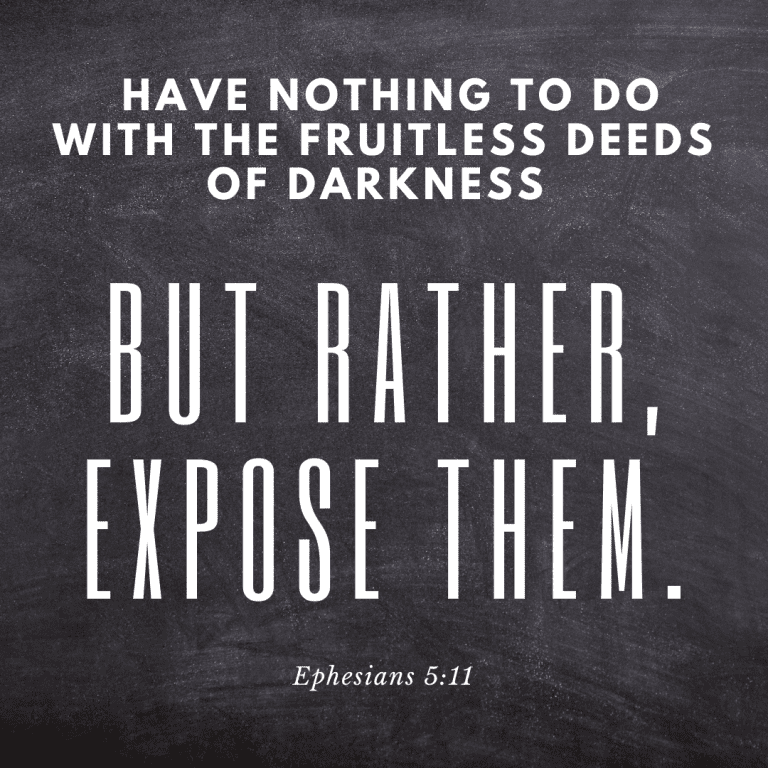 The Southern Baptist Convention (SBC) is in trouble. The question is: is that good or bad?
The Southern Baptist Convention (SBC) is in trouble. The question is: is that good or bad?
During the SBC’s Annual Meeting in June 2021, the messengers passed several motions directing their leadership to act. Foremost among those resolutions was a directive to the Executive Committee (EC): they were not to oversee the investigation of its own actions related to sexual abuse cases. A task force would be created to hire a third-party investigative firm, and the EC would waive their attorney/client privilege during the investigation. Yesterday’s regular meeting of the EC attempted to deal with the last directive.
Some background
Accusations of sexual abuse within SBC churches, by SBC pastors against their own people, have roiled the SBC for years. In February 2019, the Houston Chronicle released a scathing report detailing over 700 cases of abuse in the church. Covid-19 prevented a summer 2020 Annual Meeting, but explosive letters from Russell Moore (now-former leader of the ERLC, the public policy arm of the SBC) detailed the mistreatment of sexual abuse victims, the mishandling of abuse claims, and intimidation. Multiple victims also have given personal accounts.
By June 2021 the messengers were eager to deal with the issue. Pastor Grant Gaines said from the floor:
“Brothers and sisters, serious allegations have been made against our Executive Committee on matters related to sexual abuse. These allegations are coming from several church sexual abuse survivors who experienced abuse within our Southern Baptist churches and who have alleged that they brought their cases to the Executive Committee, and the Credentials Committee, only to feel that they were brushed off, disregarded, and turned away.”
He continued, “In order for this investigation to be truly external, independent, and unbiased, then we can’t have the Executive Committee setting the terms of the investigation themselves. They can’t be the ones to hold themselves accountable for cooperating with the firm of this investigation and they can’t report the findings themselves. It is very simple. Since they are the ones being investigated, they can’t be the ones in control of the investigation.”

The Latest Controversy
The task force was created (1) and it hired Guidepost Solutions to investigate claims of EC malfeasance (2). But (3) the EC balked at waiving their attorney/client privilege. The September 21 vote did fund Guidepost to begin their investigation but punted the question of privilege for another 7 days. Arguments against waiving privilege centered on financial and “proper order” concerns: “Our fiduciary duty is to run this business like a business,” said one (unidentified) EC member.
Ronnie Floyd, president of the Executive Committee, promised repeatedly to cooperate with the investigation, but he set limits on that cooperation, citing SBC bylaws. “I encourage the members of the SBC Executive Committee to work with the sex abuse task force and the independent review firm in every way possible,” he said, “but within our fiduciary responsibilities as assigned by the messengers.”
What’s with the privilege question?
The Guidepost CEO, Julie Myers Wood, assured the EC that waiving privilege was a normal and essential part of the review. Doing so, she said, would give Guidepost access to all the documents it needs to understand how the Executive Committee responded to abuse claims.
Waiving privilege also will reassure Southern Baptists that the investigation was trustworthy. As it stands now, the EC is acting like it has something to hide, and Southern Baptists (and the world?) are taking note.
So what now? What does it all mean?
- The investigation currently stands hampered by lack of access to sensitive documentation. The final decision: https://twitter.com/SBCExecComm/status/1440441783616360455/photo/1
- The EC’s action keeps them in a position of negotiating the terms of the investigation into itself. On Twitter, Grant Gaines (who made the original motion in June) had this reaction: https://twitter.com/DGrantGaines/status/1440415066654871556. The task force released this statement after the meeting: https://3c9inr29cnbxopwsm4bdy491-wpengine.netdna-ssl.com/wp-content/uploads/2021/09/task-force-statement-092121.pdf
- In refusing to obey the messengers’ mandate, the EC effectively flipped the order of authority within the SBC. Rather than acknowledging the churches’ authority (via the messengers’ resolutions), they bucked authority and determined which resolutions they’d obey. It is still possible that they will acquiesce, but for now they stand defiant. This decision could have repercussions in future legal matters, opening up the organization to liability they have thus far been able to refuse due to their church-led polity, according to Liz Evan, a task force member and an attorney. Are they truly church-led? The EC’s action casts doubt on that.
- If they do not eventually waive privilege, the EC will have broken trust and cast doubt on the outcome of the investigation. If they have nothing to hide, then why are they hiding sensitive documents from the investigators?
- The EC placed the mission of the SBC over the mission of Jesus: justice for victims should matter more than financial liability for an organization. Bruce Frank, the pastor leading the task force, warned the EC to do the right thing: “God judge us if we are protecting the brand, or we are protecting the base and not doing all we can to protect the most vulnerable among us.”












